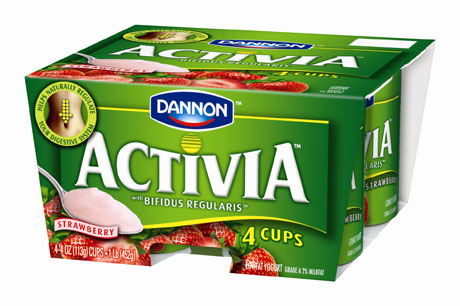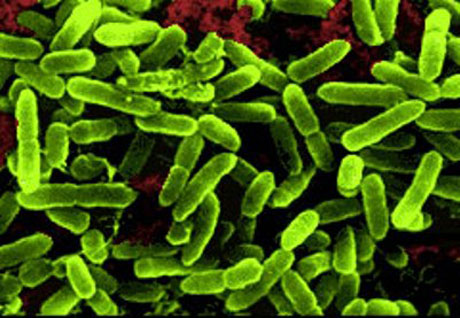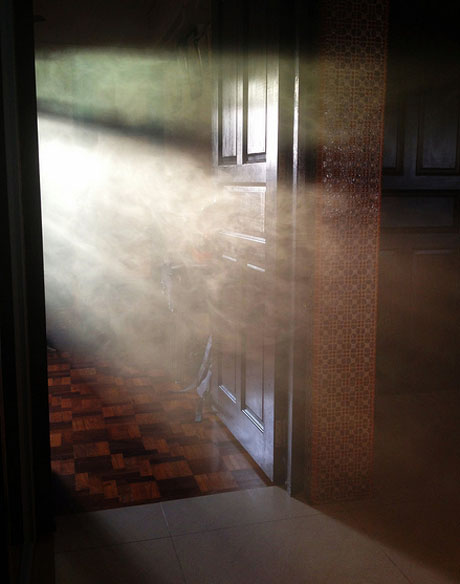
IMAGE: Gut flora redesign, using a yogurt vehicle, is already a commonplace activity at breakfast tables around the world.
For many, the consumption of probiotic supplements is already a daily routine — a regular, intentional, and frequently yogurt-based effort to re-design our intestinal flora. This makes sense: the five hundred (or so) different species of bacteria living inside our guts have an important influence on everything from our ability to digest certain foods to our emotional well-being and behaviour.
Doses of “friendly” bacteria have already been shown to cure chronic digestive illnesses, and, according to Professor John Cryan of the Alimentary Pharmabiotic Centre at University College, Cork, it’s highly likely that they will soon be used to treat “stress-related psychiatric disorders such as anxiety and depression.” These beneficial microbes are typically consumed orally, either dried and encapsulated in supplement form or cultured in a dairy base, although in extreme situations they can also be introduced directly to the colon using the somewhat horrifying-sounding technique of fecal transplant.

IMAGE: Probiotic bacteria.
Last month, however, scientists at the University of Toronto announced the results of a study that examined both babies’ gut bacteria and the bacteria present in dust samples from their homes. To their surprise, they found a significant overlap, suggesting, as Jessica Hamzelou writes in New Scientist, that babies “may be sharing their gut bacteria with the environment and vice versa.”
Extrapolating from this, public health researcher Pilar Francino goes on to speculate that “people living in the same dusty house may also share health and behavioural characteristics.”

IMAGE: A dusty house, via.
In other words, just as the colour of your walls has been shown to affect your heart rate and blood pressure, your home’s bacterial biome may be making you obese and anxious — or, of course, healthy and happy.
Forget yogurt or fecal transplants — it seems to be only a matter of time before we are able to intentionally inoculate our homes with custom blends of bacteria in order to redesign our gut flora. Designer dust will take its place alongside formaldehyde-free furniture polish and low VOC paint for the responsible homeowner.

IMAGE: A dust cloud envelopes a city, via.
Perhaps, given the rising cost of obesity-related diseases combined with the increasing occurrence of allergies, environmental bacteria supplementation will come to be seen as a public health issue, with sanitation crews spraying down pavements and gutters with a fine layer of dried lactobacilli each week.
Meanwhile, somewhere, someday, the Bazalgette of urban probiotics will install a city-wide enteric enhancement program, combining a biotic sensor network and precision bifidobacteria crop-dusting drones in order to transform the city’s streets, transit network, and shared spaces into a giant, shared digestive supplement.

